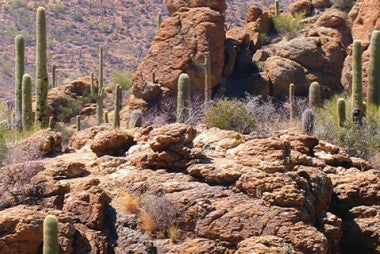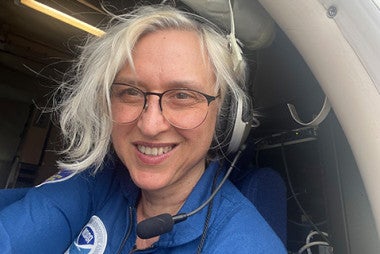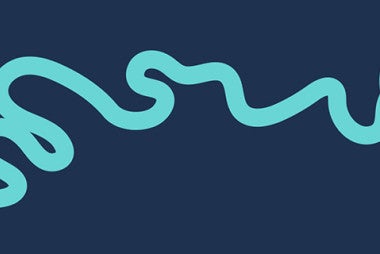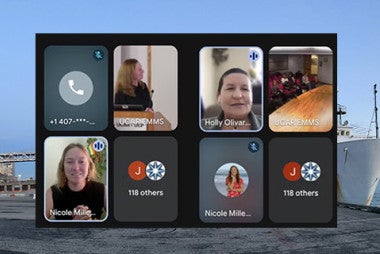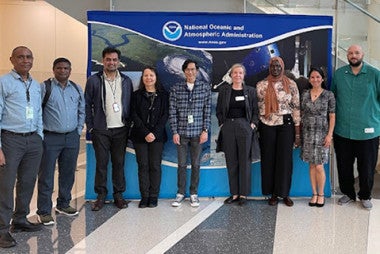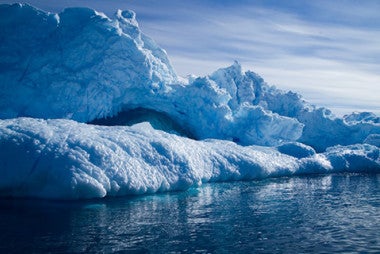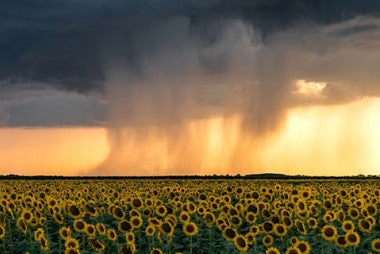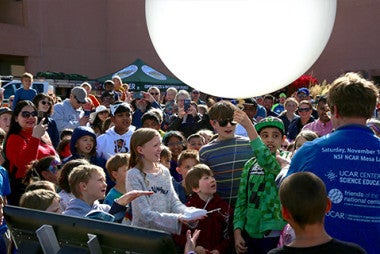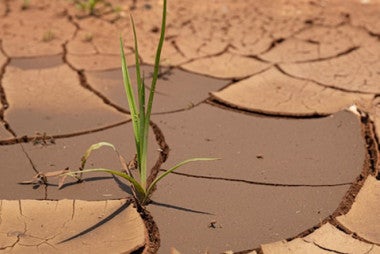2023 NASA Heliophysics Summer School
CPAESS has had the pleasure of partnering with NASA’s Living With A Star program since 2007 to create the NASA Heliophysics Summer School. The Heliophysics Summer School focuses on the physics of space weather events that start at the Sun and influence atmospheres, ionospheres and magnetospheres throughout the solar system. In an effort to enable even more students to attend, CPAESS expanded the school into two sections. From July 17-21, 2023 there was a remote phase; and from August 7-11, 2023 there was an in-person phase held at Center Green in Boulder, Colorado. The school is held annually and open to graduate students as well as first- and second-year postdoctoral fellows.
This year the theme was Observational Heliophysics. In the last two decades, observations of the space environment and the broader heliosphere environment has grown tremendously with dozens of spacecraft missions, and a full range of ground based efforts. Individual instruments use a variety of fundamental techniques and understanding the details of these measurements are important to interpreting the results and building a model of the space environment. This summer school reviews those techniques including: spectroscopy, plasma measurements, magnetometers, radio astronomy and ionosondes, energetic particle detectors, and energetic neutral atoms and others. During the summer school, participants learned about the fundamental physics of these measurements, how they are implemented in spacecraft and ground based instruments, practice critical analysis of data with an eye towards uncertainties and errors, consider the stakeholders and consumers of the data sources, and discuss the tension between intellectual property and open science with respect to this data.
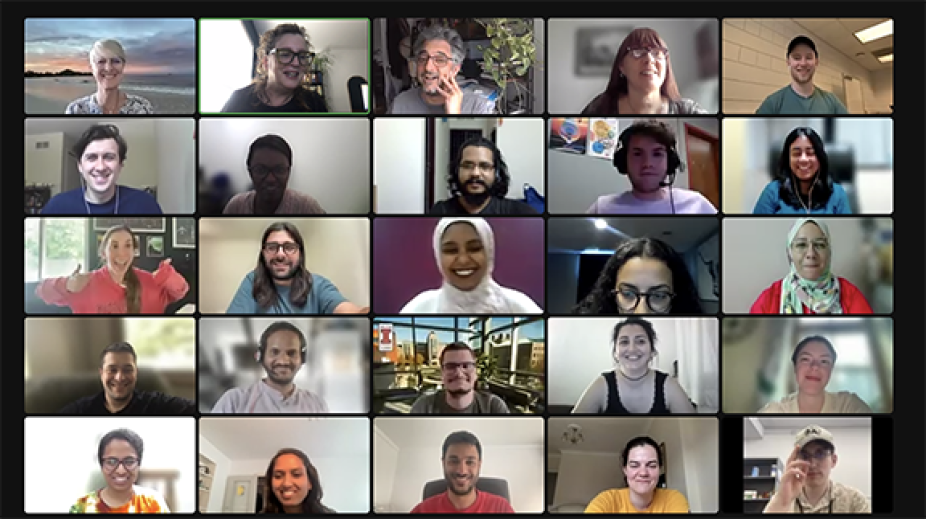
A portion of the student pool who participated in the virtual portion of the 2023 NASA Heliophysics Summer School.
With this new expanded the version of the summer school, both virtual and in-person, we were able to execute the virtual session with a record 71 students who participated in 13 different time zones. It included office hours, lectures and presentations on Slack, in addition to group laboratory sessions within one’s time zone. Lectures included talks bout solar observing, energetic particles, plasma, and ground GPS. These topics were discussed with some depth and speakers included Lika Guhathakurta (NASA), Nick Gross (Boston University), Barbara Thompson (NASA), Enrico Landi (University of Michigan), Christina Cohen (California Institute of Technology), Mike Hartinger (University of California, Los Angeles), and Anthea Jane Coster (Massetchusetts Institute of Technology). Please find the agenda with links to curriculum resources here.
When asked about the virtual summer school, one respondent said “The inclusion of interactive group activities, including the timezone group work and daily activities, made it so much more of an interactive experience, and added a lot of value I believe other in-person summer schools are missing.” On the value of the lecture to their learning a student commented “These lectures were very helpful as they gave me an insight of how the measurements are made. I think it is important to learn about the observations, different levels of data and how the instruments work, when we analyze the data.” Lectures on The Solar Corona and Solar Wind - Barbara Thompson and Plasma Instruments and Magnetometers - Mike Hartinger; and Viewing the Sun Across the EM Spectrum - Enrico Landi were the class favorites.
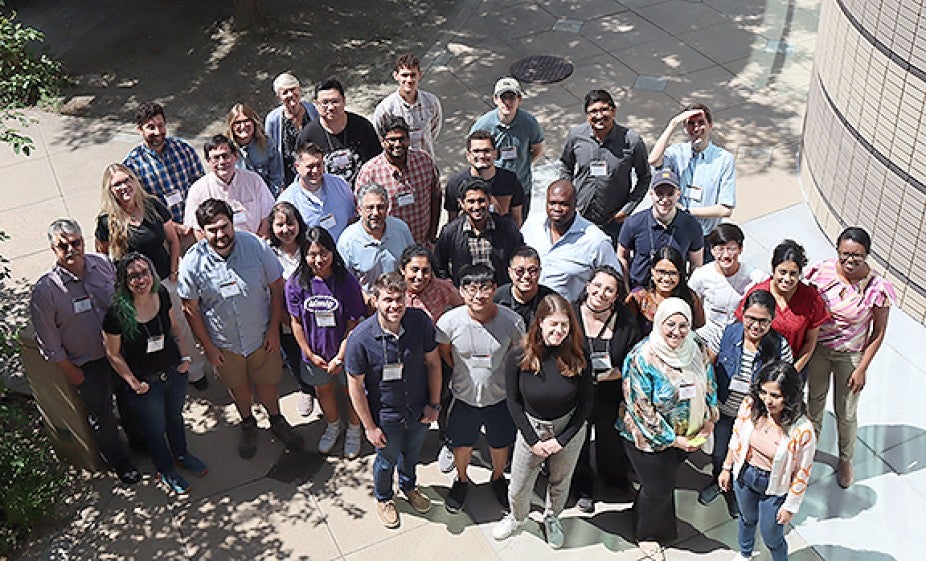
Group picture of the in-person class of the Summer School.
The second portion of the summer school took place on UCAR’s campus with 26 students attending the in-person sessions. This portion included lectures, laboratory exercises, a career panel, and a tour of NCAR’s High Altitude Observatory - all while utilizing textbooks that this summer school program has created.
Lectures got into more depth concerning instrumentation tools, calculating quantities for plasm and field parameters as well as energeitic particles, calculations using spacecraft constellations, model inputs for solar and mageetsophere models, and much more. Find the agenda and curriculum materials here. Speakers included Lika Guhathakurta (NASA), Nick Gross (Boston University), Mark Moldwin (University of Michigan), Christina Cohen (California Institute of Technology), Stuart Bale (University of California, Berkeley), Allison Jaynes (University of Iowa), Stefan Eriksson (University of Colorado), Nick Arge (NASA), and Dan Welling (University of Michigan).
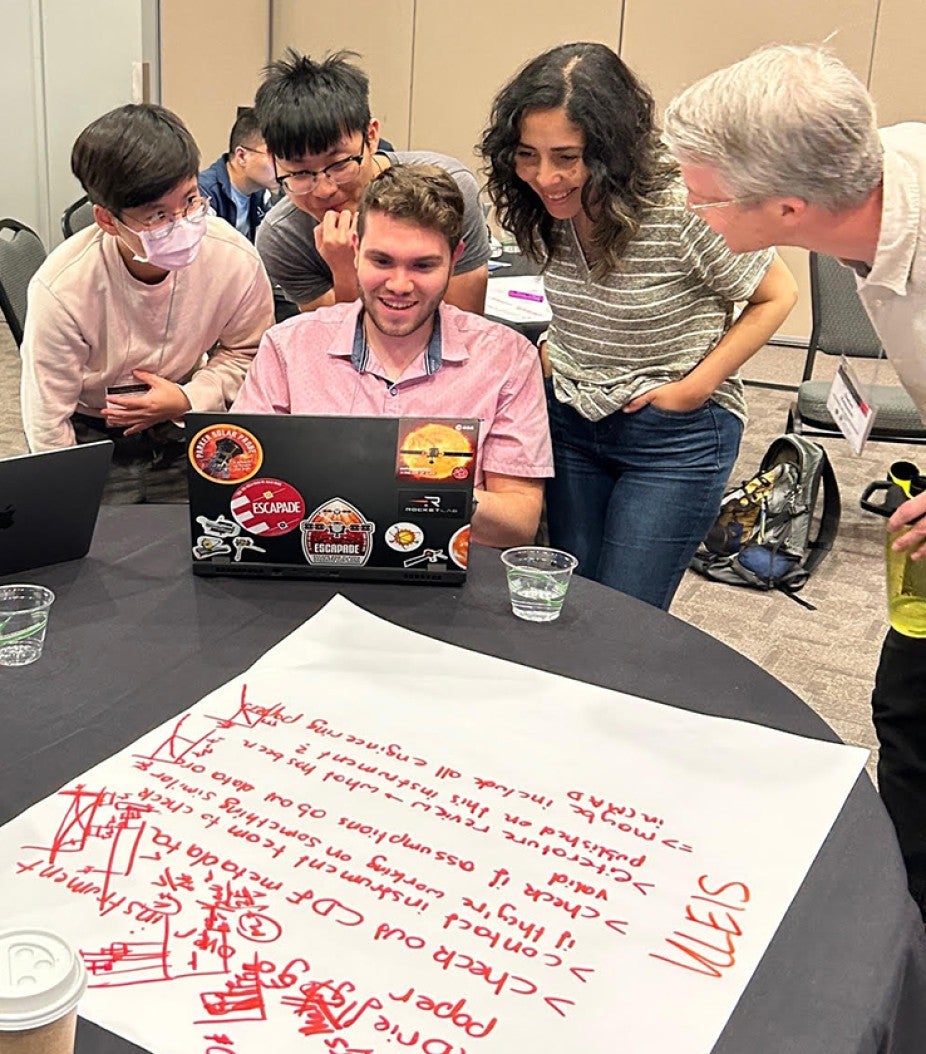
Students work together on a laboratory problem at Center Green.
When students were asked about their summer school experience overall one said “I found the summer school incredibly valuable, as I got to interact with many international researchers who I may not have met otherwise - now I feel like I have valuable and lasting connections across the globe. The summer school was very intense and therefore at times very tiring, but a complete and wholly worthwhile experience.”
Check out the 2023 NASA Heliophyscis Summer School talks on the CPAESS YouTube channel, and Heliophysics resources here and the Heliophysics textbooks and past summer school materials here. Learn more about the summer school and how to apply.
